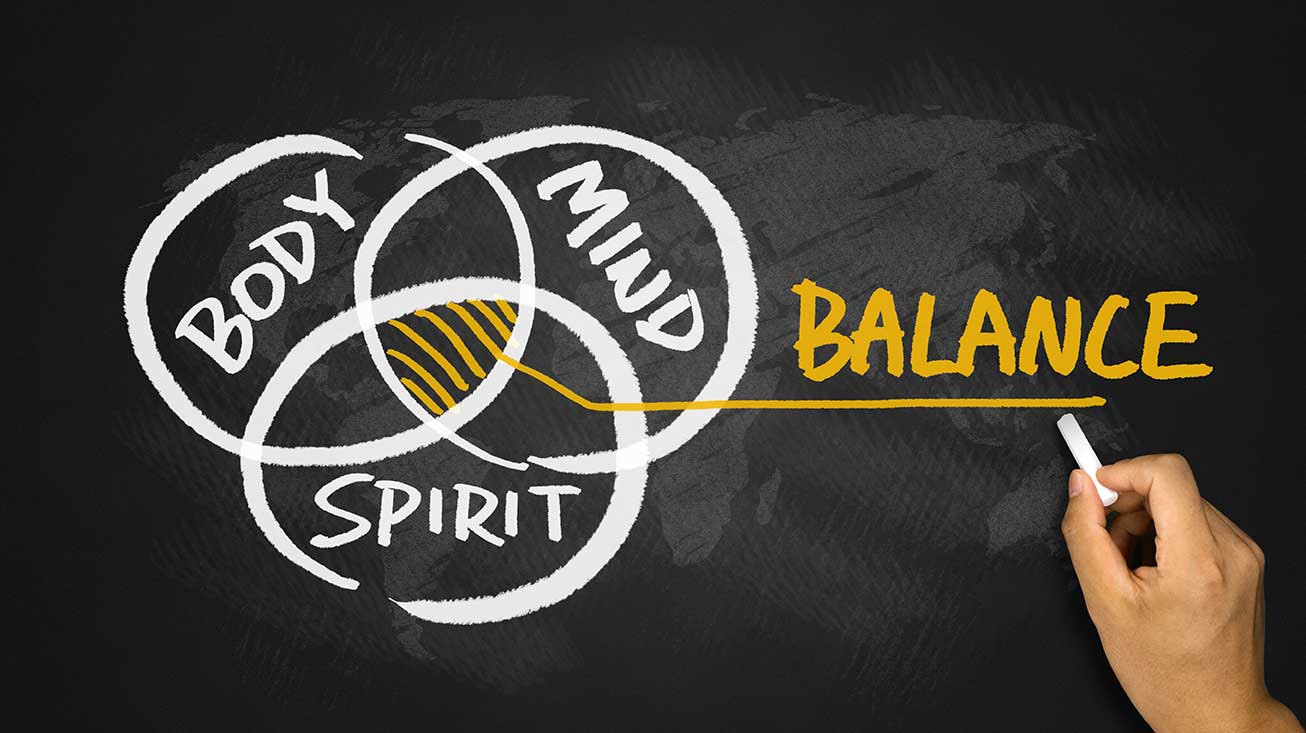
In our fast-paced modern world, the pursuit of optimal health has become a central theme in many lives. People are increasingly realizing that health is not just the absence of illness but a state of physical, mental, and spiritual well-being. This realization has led to the rise of holistic approaches to health, which focus on achieving balance and harmony among the mind, body, and spirit. In this article, we will explore what holistic health means, its principles, and how it can lead to optimal well-being.
Understanding Holistic Health
Holistic health, often referred to as wholistic health, is a comprehensive approach that considers the whole person. It recognizes that our health is influenced by various interconnected factors, including physical, mental, emotional, social, and spiritual well-being. Holistic health takes into account the interconnectedness of these aspects and seeks to address each one to achieve optimal health.
The central idea of holistic health is that the mind, body, and spirit are not separate entities but rather parts of a whole. When one of these aspects is out of balance, it can affect the others. For example, chronic stress or emotional turmoil can lead to physical health issues, and vice versa.
Principles of Holistic Health
- Individuality: Holistic health recognizes that each person is unique and that health solutions should be tailored to an individual’s specific needs. What works for one person may not work for another.
- Prevention: Rather than solely focusing on treating illness, holistic health emphasizes preventing disease by maintaining a healthy lifestyle, managing stress, and making positive choices.

- Balance: Achieving and maintaining balance among the mind, body, and spirit is a core principle of holistic health. Imbalances can lead to illness, while balance fosters well-being.
- Integration: Holistic health promotes the integration of various health modalities, including conventional medicine, alternative therapies, and lifestyle changes.
Balancing the Mind
Mental well-being is a critical component of holistic health. Mental health issues like anxiety and depression can have profound effects on the body and spirit. To achieve optimal health, it’s essential to prioritize mental well-being through practices such as mindfulness meditation, cognitive-behavioral therapy, and stress management techniques.
Nurturing the Body
Physical health is perhaps the most apparent aspect of well-being, and it often forms the foundation for holistic health. Proper nutrition, regular exercise, adequate sleep, and preventive healthcare are crucial for maintaining physical health. A well-balanced diet rich in fruits, vegetables, and whole grains, coupled with regular physical activity, can help prevent many chronic diseases.
Caring for the Spirit
The spiritual aspect of holistic health focuses on finding meaning and purpose in life. It’s about nurturing your inner self, whether through religious or spiritual practices, spending time in nature, or simply taking time for self-reflection and gratitude. A healthy spirit can provide the resilience needed to face life’s challenges.
Holistic Practices and Therapies
There is a wide range of holistic practices and therapies that can help individuals achieve and maintain optimal health. These include:
- Acupuncture: A traditional Chinese medicine practice involving the insertion of fine needles into specific points on the body to promote energy flow and balance.
- Chiropractic care: A form of alternative medicine that focuses on the musculoskeletal system and its impact on overall health.
- Herbal medicine: The use of plants and plant-based compounds to support health and healing.
- Yoga and meditation: These practices promote physical and mental well-being, stress reduction, and spiritual growth.
- Massage therapy: Manipulating soft tissues to promote relaxation, reduce stress, and alleviate muscle tension.
- Aromatherapy: The use of essential oils to enhance physical and psychological well-being.
- Nutritional therapy: A personalized approach to nutrition that considers an individual’s specific health needs.
- Energy healing: Practices like Reiki and Qi Gong aim to balance and enhance the body’s energy flow.
Benefits of Holistic Health
The holistic approach to health offers numerous benefits that contribute to optimal well-being. Some of these benefits include:
- Enhanced overall health: Holistic health addresses the root causes of health issues, resulting in improved overall health and well-being.
- Preventive care: By focusing on prevention, holistic health can help individuals avoid the development of chronic diseases and illnesses.
- Improved quality of life: Achieving balance in mind, body, and spirit can lead to a higher quality of life, increased energy, and greater vitality.
- Better stress management: Holistic health practices, such as mindfulness and relaxation techniques, can help individuals manage and reduce stress effectively.
- Improved mental health: The emphasis on mental well-being can lead to reduced anxiety, depression, and an overall more positive mental state.
- Empowerment: Holistic health empowers individuals to take control of their health and make informed choices about their well-being.
Challenges and Considerations
While holistic health offers many benefits, it’s not without its challenges and considerations. One challenge is that the effectiveness of some holistic practices may not be well-established through rigorous scientific research. Therefore, individuals should approach holistic health with an open mind while also consulting with healthcare professionals when needed.
Additionally, holistic health can require more active engagement on the part of individuals. It’s not just about taking a pill or receiving a treatment; it often involves making significant lifestyle changes.
Conclusion
Holistic approaches to optimal health, which focus on balancing the mind, body, and spirit, are gaining popularity in a world where people are seeking more meaningful and comprehensive ways to achieve well-being. By recognizing the interconnectedness of these aspects, practicing preventive care, and embracing individualized approaches, individuals can embark on a journey toward holistic health that leads to optimal well-being.





